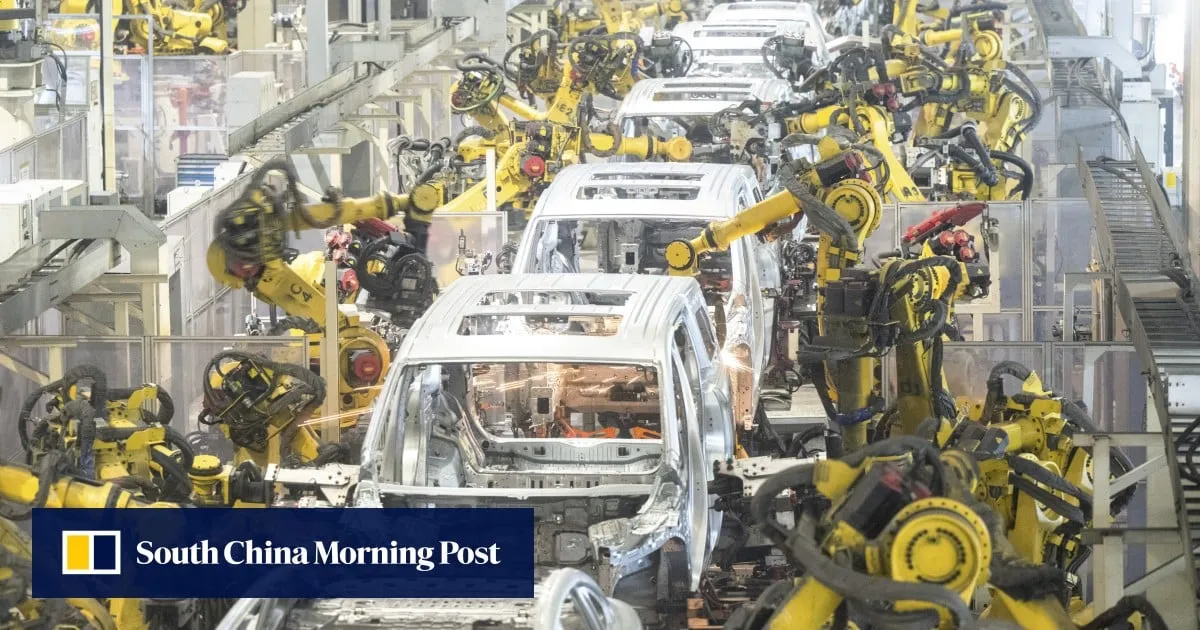Electric Vehicle Tariffs: EU Commission's Decision on Chinese EVs

EU's Vote on Electric Vehicle Tariffs
The European Commission has garnered crucial backing from member states to impose tariffs on Chinese-made electric vehicles (EVs). The decision points to a stronger stance against external pressures, particularly from Beijing.
Internal Divisions Within the EU
Despite Germany's firm opposition, significant support prevailed for the tariffs, highlighting critical rifts within European leadership. Countries like France voiced strong support, marking a stark contrast to German Chancellor Olaf Scholz's lobbying efforts.
Looking Ahead: Potential Retaliation
As relief resonates in Brussels, officials brace for a likely response from China. The looming retaliatory measures may encompass anti-dumping duties and additional restrictions.
Industry Reactions and Future Implications
German automakers, including Mercedes-Benz and Volkswagen, have criticized the tariffs for potentially undermining their competitiveness. Calls for a negotiated settlement between the EU and China persist, as the automotive industry seeks stability.
Conclusion: A Complex Trade Landscape
The vote on electric vehicle tariffs illustrates a complex trade landscape for the EU. While aiming to protect its industries, Europe must carefully navigate its relationship with China to avoid deeper conflicts.
This article was prepared using information from open sources in accordance with the principles of Ethical Policy. The editorial team is not responsible for absolute accuracy, as it relies on data from the sources referenced.